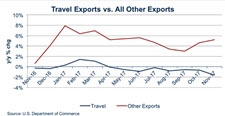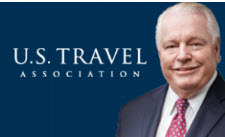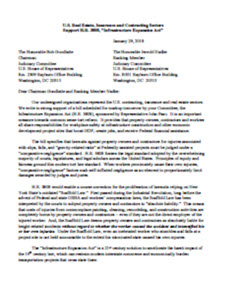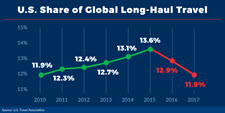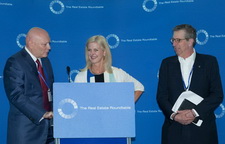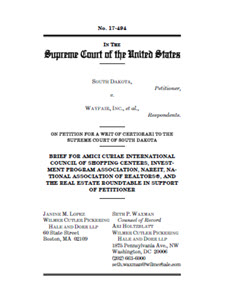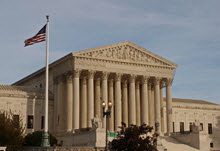As expectations grow that the Supreme Court will rule on the issue of state and local taxation of internet purchases by this summer, Treasury Secretary Steven Mnuchin recently testified before two congressional committees about President Trump’s support for an online sales tax.
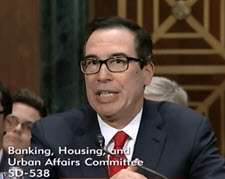 |
|
Treasury Secretary Steven Mnuchin recently testified before two congressional committees about President Trump’s support for an online sales tax. |
During a hearing before the Senate Banking Committee, Mnuchin addressed taxing online purchases through the Marketplace Fairness Act, stating: “[T]he president fundamentally supports the idea of some type of sales tax across the board … There are aspects of that he likes a lot and he looks forward to working with you and others on it.” (Video of Exchange with Sen. Jon Tester (D-MT), C-Span, Jan. 30)
At a Feb. 15 House Ways and Means Committee hearing, Mnuchin said the president “does feel strongly” that the U.S. should impose a sales tax on purchases made over the Internet. (Bloomberg, Feb. 15)
The U.S. Government Accountability Office (GAO) released a study in December estimating that state and local governments could have collected an estimated 8 to 13 billion dollars in 2017 if states were given authority to require sales tax collection from all remote sellers. (GAO report, Dec. 18, 2017). The Roundtable has recommended that sales taxes collected from on-line consumer purchases may provide a reliable source of state and local revenue to help pay for President Trump’s recently proposed infrastructure re-building plan. (Roundtable Weekly, Jan. 26, 2011.)
The Supreme Court is scheduled to hear oral argument in South Dakota v. Wayfair, Inc., on April 17 to resolve the constitutionality of collecting sales and use taxes that are due on Internet purchases. The high court is expected to render a decision by the end of June. (Roundtable Weekly, Jan. 12)
The International Council of Shopping Centers, Investment Program Association, Nareit®, and the National Association of REALTORS® will join The Roundtable on an amicus brief to be filed early next month in Wayfair, urging the Supreme Court to overturn a pair of decades-old opinions prohibiting states from imposing sales and use tax collection obligations on web-based, catalog, and other retailers lacking an in-state physical presence. The upcoming brief will re-iterate many of the points that the real estate coalition set forth in an initial amicus brief filed last November (Roundtable Weekly, Nov. 3, 2017.)

